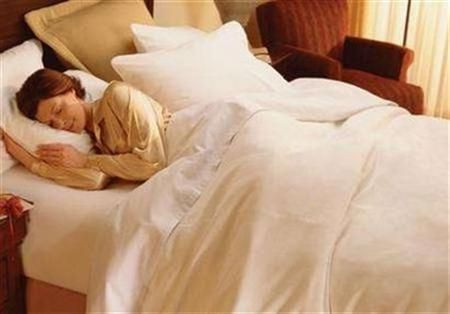Research Finds Playing A Flute May Help Lower The Risk Of Developing Sleep Apnoea, Snoring

According to a new research, playing a wind instrument, such as flute, may help reduce the risk of developing sleep apnoea in the future. The conclusion of the research was recently presented by the Indian researchers at the Sleep and Breathing conference in Barcelona, Spain.
The team of researchers attributes the muscle tone of the wind instrument players to the reduced risk of sleep apnoea. According to them, individuals who play a wind instrument are likely to have an increased muscle tone in the upper airways, the part of the body which is believed to cause snoring.
During the study, the researchers conducted lung function testing on the subject population of 64 people. The group was asked to play the wind instrument. The resulting observations were noted down and then compared to the observations of a control group of 65 people who did not play the instrument. In addition, the members of both the groups were asked to complete the Berlin questionnaire, which helps assess the level of risk of developing sleep apnoea.
The risk of developing sleep apnoea in the wind instrument players was found to be 0.18, as compared to the non-players, whose risk was a little less than one. The researchers attributed the decline in risk to the muscle tone in the upper airways of the wind instrument players. According to them, playing a wind instrument, exerts force on the upper airway muscles, demanding more control over them. This in turn, might help stop collapse and damage of the tissues and muscles that are known to cause snoring.
"The findings of our study present an interesting theory on preventive measures or treatment in sleep apnoea," said study co-author Silas Daniel Raj, according to a Business Standard report.
The study findings aim to provide a cheap alternative for preventing snoring, a type of sleep apnoea, in individuals who are at a greater risk of developing the disorder. The non-invasive nature of the recently discovered technique further adds on to its benefits.
"If the findings are confirmed in larger groups, wind instrument playing could become a cheap and non-invasive method of preventing sleep apnoea in those at risk of developing the condition," said Raj, reported The Times Of India.
To report a problem or to leave a feedback on the article, send an e-mail to emailtoguneet@gmail.com.





















